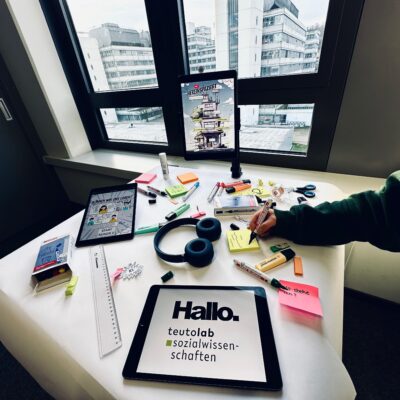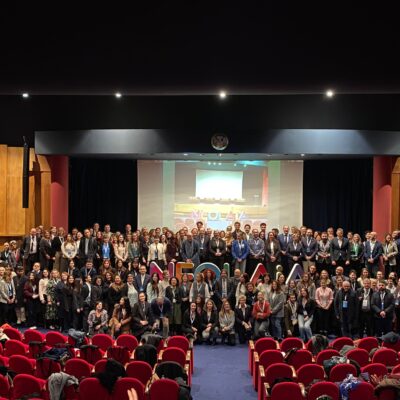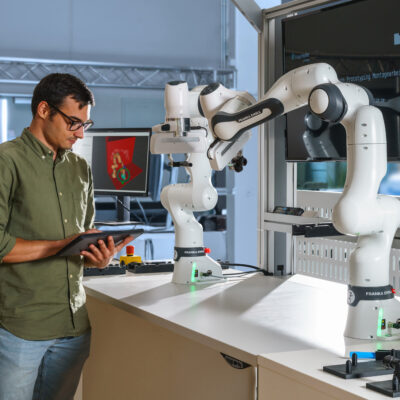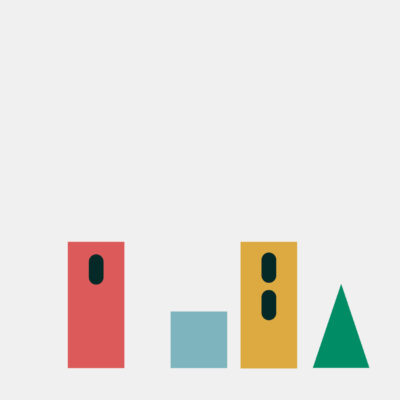Here we collect current initiatives by academics at Bielefeld University that are related to the war in Ukraine. The article will be updated continuously.
+++ 09.10.2023
Ukrainian history and present in teaching
Historians and literary scholars from Germany, Great Britain, Canada, Poland, the USA and Ukraine will discuss the status and perspectives of Ukrainian studies at German universities on 14 October at Bielefeld University. The workshop is entitled “The Ukrainian Past and Present at German Universities: Teaching Experiences”. It is the first interdisciplinary attempt to critically reflect on how university teaching related to Ukraine has changed in the past year and a half and what perspectives interdisciplinary Ukrainian studies is facing.
The organising team includes Dr. Yaroslav Zhuravlov, who came to Bielefeld University as a visiting scholar shortly before the Russian attack on Ukraine. He offers seminars on Ukrainian history in Bielefeld. “From conversations with many German and Ukrainian colleagues, the idea arose to exchange our experiences and needs, but also systematic problems and perspectives,” says the Ukrainian historian.
The symposia will be held in English in building X (room X A2-103) at Bielefeld University and will be hybrid. Registration – both for on-site and online participation – is requested by 10 October (war-and-peace@uni-bielefeld.de). The workshop is made possible by the support of the Federal Ministry of Education and Research. The programme of the workshop.
+++ 05.10.2023
How the war in Ukraine is challenging two academic disciplines
Since the beginning of Russia’s invasion of Ukraine, two academic disciplines have come to fore: peace and conflict studies and East European studies. Experts from both fields represent important voices in the public discourse. A symposium entitled ‘War and Peace in Ukraine: Reflecting, Studying and Engaging Across Disciplines’ will be held from 12 until 13 October 2023 at Bielefeld University. It brings together experts from both fields in order to discuss the relationship between them and challenges of participating in a highly charged public debate revolving around the war. One of the guests will be the Nobel Peace Prize winner from Ukraine, Oleksandra Matviichuk.
For a good thirty years, peace and conflict studies and East European studies did not have much in common in Germany. ‘This changed dramatically with Russia’s attack on Ukraine,’ says Professor Dr. Kornelia Kończal, a historian at Bielefeld University. She conceptualized the symposium in Bielefeld together with Dr. Yaroslav Zhuravlov and Professor Dr. Frank Grüner, two colleagues also from Bielefeld University. ‘Due to the increased public interest in Ukraine and its history, voices from both disciplines have become indispensable in the media,’ says Kończal.
Symposium participants will examine the shifting dynamics between peace and conflict studies and East European studies. Prominent figures in both disciplines will come together to discuss methodological approaches, controversies, intersections, and missed opportunities. A key question here is to what extent interest in Ukraine has changed in these academic fields over the past year and a half.




